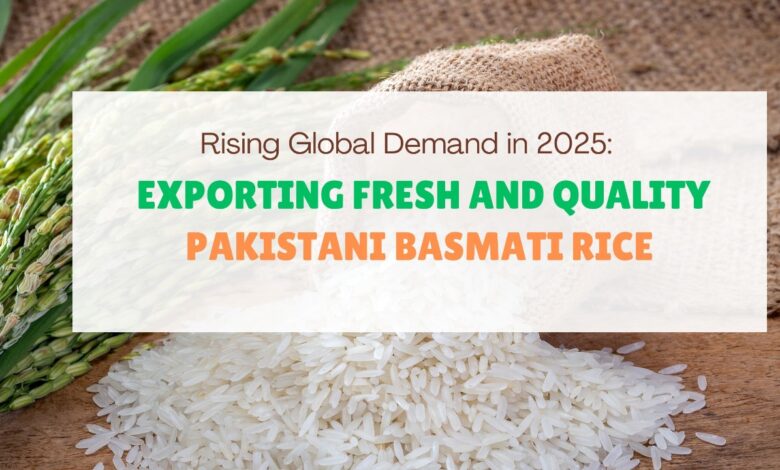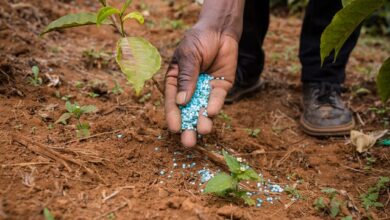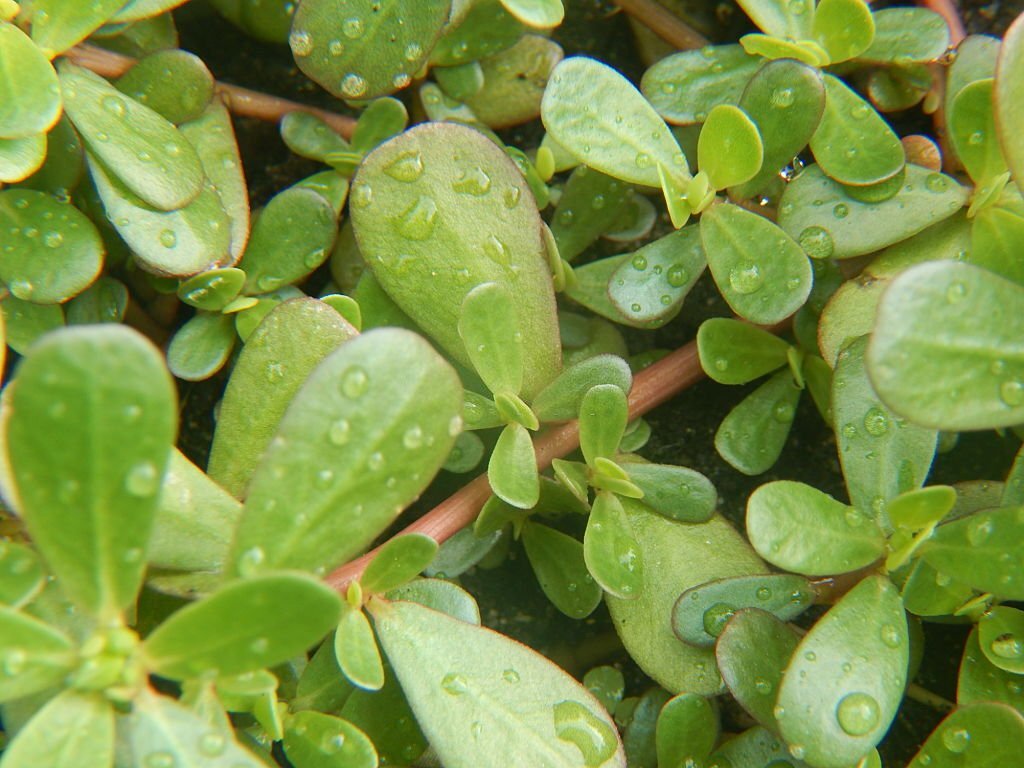Rising Global Demand in 2025: Exporting Fresh and Quality Pakistani Basmati Rice

India and Pakistan are two countries that are the sole suppliers of Basmati rice globally. Pakistani Basmati rice isn’t just rice; it is a premium food commodity widely popular in countries that have a strong liking for aromatic rice. Most Basmati rice importers always seek Pakistan as a backup in case, for some reason, they are not able to source rice from India. However, there are some varieties that can only be sourced from Pakistan.
In this guest post, let us understand some of the critical aspects of the rising global demand for Pakistani Basmati rice and what are the factors that come into play when looking to Export Basmati rice in bulk. So, let us get started.
The Unique Edge of Pakistani Basmati
Pakistani Basmati rice is grown in the renowned fertile plains of Punjab and carries vital significance in the international market. This premium and exquisite rice is the epitome of cultural heritage, the peculiar long grain length, and premium aroma that entices rice lovers globally. Just like India, Pakistan is known for consistency in its quality and caters to the world with wide varieties like PK-386, Super Basmati, and 1121. Due to its strong cultural and religious connections with Gulf nations, Pakistan has significant opportunities to export Basmati rice in bulk to importers, food distributors, hotel chains, and more.
In fact, many famous Pakistani rice millers are known to provide premium-quality Basmati rice which is naturally aged for 12–18 months. Thus, exporting fresh and quality Pakistani Basmati rice is a flourishing industry and the exporters are leveraging the demands in the global markets.
Demand for Pakistan’s Basmati Rice:
The figures speak for themselves and indicate Pakistan’s contribution to the market. Pakistan exported around 750,000 metric tons of Basmati rice which led to generating a massive $801 million in export revenue between July 2023 and March 2024, according to the Trade Development Authority of Pakistan.
In the last five years, Pakistan has given enormous significance to enhancing its exporting, packaging, and branding strategies. The better supply chain has resulted in the expeditious fulfilment of orders and customers giving repeat orders. Since the Gulf countries not only import Indian Basmati rice but also buy traditional Pakistani Basmati rice in bulk, Pakistan enjoys ample fields to export and play in the market.
What’s Driving the Demand for Pakistani Basmati Rice?
Behind this increased demand, there are a few important aspects that are playing a critical role.
Diversified Sourcing:
Importers have gradually realised that keeping the procurement sources diversified is a prudent decision to hold the rice in stock and not depend on a single supplier. However, this is mainly because the government’s policy decisions and supply chains can change and can impact exports. Thus, Pakistan is always on every exporter’s list as a buffer to import Basmati rice.
White Labelling Arrangements:
There are many food brands in the Middle East that largely focus on procuring bulk rice under white label, rebranding it and selling it further in the global markets. But is this practice something different? Not at all. However, Pakistan’s cultural ties with Gulf countries and seamless trade networks make it a lucrative decision for food brands to procure in bulk. Pakistan’s production and export might not match India’s volume, however, it has a considerable share as an alternate source for buyers looking to buy traditional Pakistani Basmati rice.
Variations in Taste and Texture:
There are some varieties of Basmati rice that are exclusively grown only in Pakistan and have a different taste and texture. For example, Super Basmati and PK-385 are varieties that are exclusively grown in Pakistan and witness niche requirements in the international food markets. Thus, buyers looking for such rice can only source it from Pakistani soil. Exporting fresh and quality Pakistani Basmati rice, especially in such niche segments, holds unmatched value.
Exporter Expectations: What the Market Demands in 2025
The modern buyers in 2025 don’t just look for rice—they look for consistency in quality, supply chain, and brand values.
Buyers don’t just want to source rice—they want customised packaging; from vacuum-sealed small pouches to jute and BOPP bags. Not to mention lab reports, third-party inspections, and other important certifications relevant to the country that’s importing stay as the baseline.
For instance, the Pakistani Basmati rice exporter might have to customise the labelling into Arabic when exporting Basmati rice to Saudi Arabia. If it is a rice brand, then focusing on packing that reflects the cultural and local essence of the country would also become critical.
How Online Trade Platforms are Changing the Game:
Technology is changing every sector and the rice trade sector is also no different. The traditional process of finding buyers and getting aggro deals is both time-consuming and costly. Many online B2B trade platforms are making exports easier than ever for rice exporters. Some provide leads, while some provide real-time inquiries from global buyers.
Adapting this digital trend can make a significant difference and it can make the process of finding trusted Basmati rice buyers more fast, efficient, and cost-effective. Most importantly, you won’t have to visit trade shows or pay hefty commission middlemen to secure bulk orders. Exporters who adopt such digital tools can build repeat business, improve margins, and expand across geographies without physically being there.
Positioning for the Future: A Strategic Perspective
The global rice market is entering a more transparent and quality-conscious era. For Pakistani Basmati to continue dominating, exporters must evolve from just being suppliers to becoming strategic partners for Basmati rice buyers.
This means offering flexibility in order sizes and packaging, staying ahead on compliance standards (especially with new EU pesticide residue limits), and being ready to adapt marketing messages based on consumer sentiment in each region.
Understanding these nuances, and crafting export propositions that reflect them, will be key to sustainable success.
Conclusion:
Despite India being a big supplier of Basmati rice globally, Pakistan holds a prominent position in the global Basmati rice market. Most countries turn to Pakistan to diversify their procurement and keep the supply chain smooth. Some varieties of Basmati rice are only available in Pakistan and their demand remains niche in the global markets. Using B2B trade platforms can provide the best opportunities to find trusted buyers in the global markets and expand exports. Indeed, exporting fresh and quality Pakistani Basmati rice is not only viable but also highly sought after by discerning global buyers.





